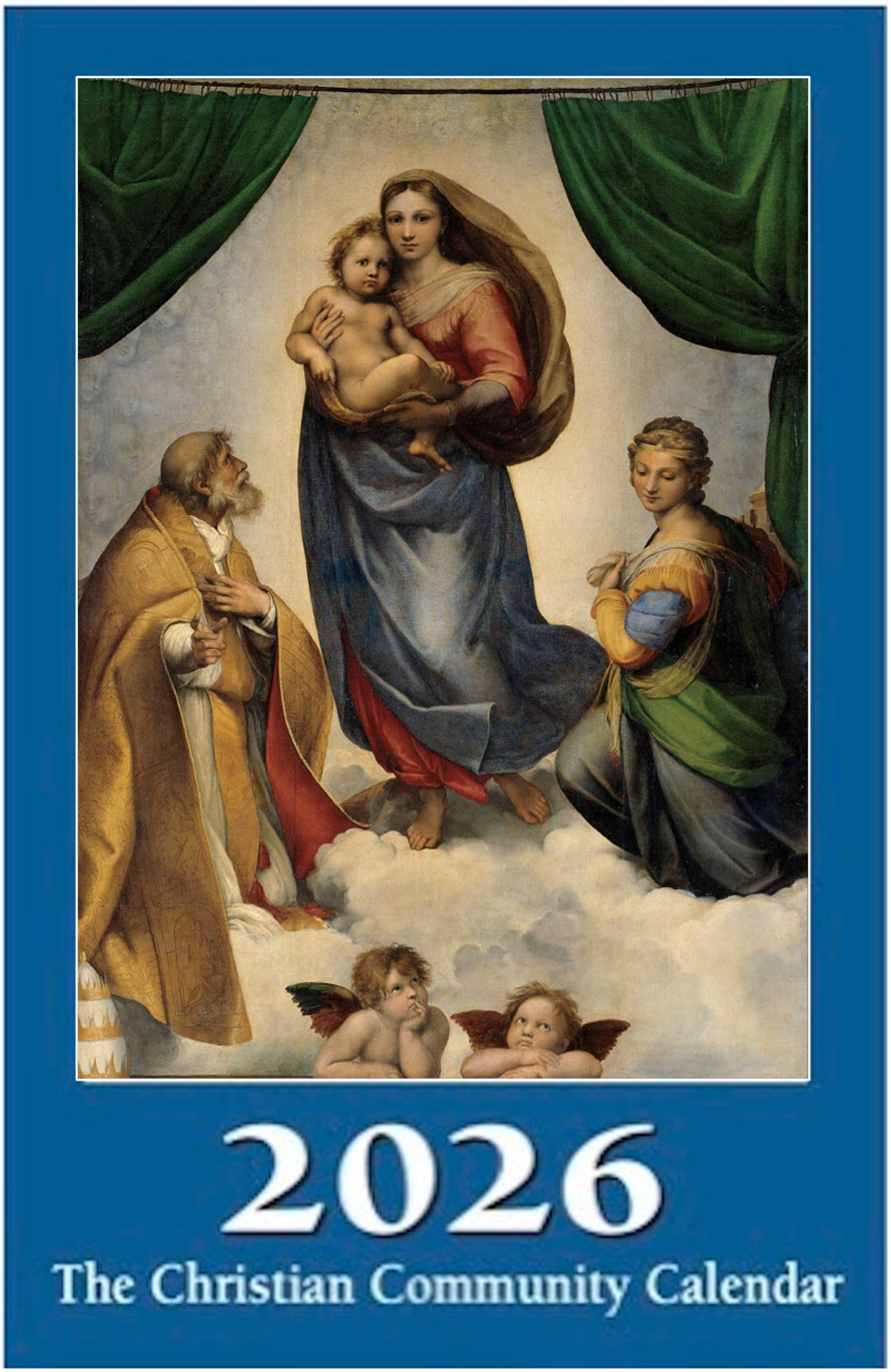“Stand fast, girded about the loins with truth. (Ephesians 6:14)
When in our language we can’t find the right words to express something, we use gestures to reinforce our words. Sometimes such a gesture says more than all words. Of all the gestures we are familiar with, beckoning is perhaps the one that leaves you most free. Everyone can do with it what they want. You can follow it or just let it be.
Our time spirit, Michael, beckons us. He does no more and no less than making this eloquent, tacit gesture. If he did more, he would probably overwhelm us. “Every angel is terrifying,” wrote Rilke, the poet. If he gave us less than a beckoning, even a wise person would probably not recognize him.
When you try to picture this taciturn, beckoning archangel, you will recognize in the Act of Consecration at this time of the year another eloquent gesture. It sounds simple: Michael stands. These words sound five times in the epistle and insert during Michaelmas time. “He who stood … He who stands …” Between fight and flight, between offense and defense, he has taken a place where he remains standing—whatever happens.
That is also what the apostle Paul wants to tell us when he calls on us—no to fight, but to “resist the well-aimed attacks of the Adversary.” Not to rush forward or to shrink back, but to stand, “girded about the loins with truth, with the breastplate of righteousness, the feet shod with preparedness to spread the message of peace that comes from the angels.”
-Rev. Bastiaan Baan, October 26, 2025

